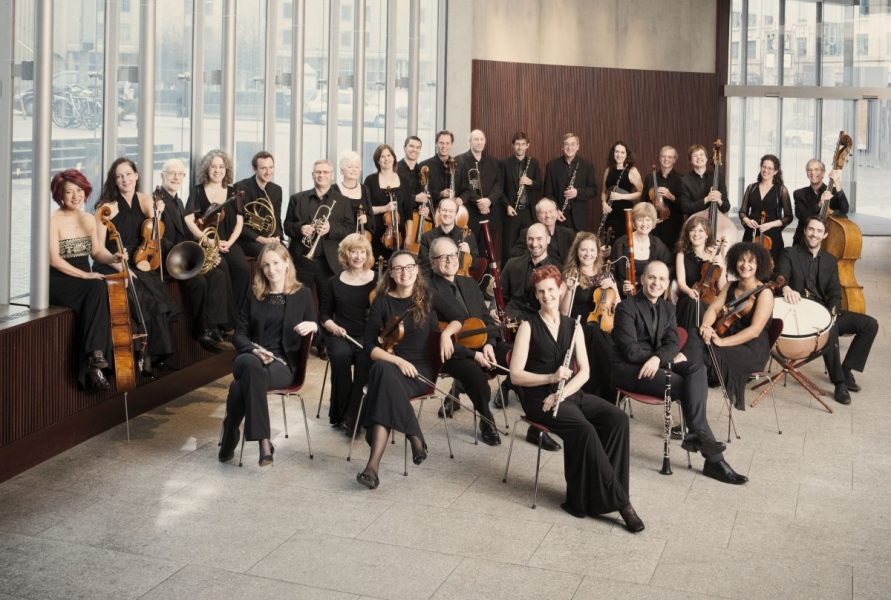The Scottish Chamber Orchestra are clearly the best chamber orchestra in Scotland; indeed, some would say the best orchestra. What makes them special is that they are small, well-integrated, perfectly balanced, really together and seem to take a genuine pleasure in making music.
This is the SCO that took part in the first half of tonight’s concert at the Usher Hall. They accompany the fine young Spanish oboe player Ramón Ortega Quero, in the Strauss Oboe Concerto. The story of how this concerto was commissioned by an invading US musician in 1945 from a frightened Strauss, is fascinating.
The resulting performance is a musical gem, the clarity and musicality of Quero demonstrating why he is one of Spain’s, and indeed Europe’s, finest young musicians. He is expertly accompanied by the normal, small-scale SCO of around thirty players, under the expert baton of their principal conductor Robin Ticciati.
Sadly, the same cannot be said of the second part of the concert, when a sixty-strong Scottish ‘Chamber’ Orchestra takes the stage, to play Bruckner’s Fourth Symphony. Yes, it is big—it is certainly loud—but at times it doesn’t seem as together as the first half of the concert.
In his programme note, Ticiatti mentions that he wanted to scrape away the excesses of the big orchestras, and get to the heart of Bruckner’s music. However, he does not really achieve this, and indeed at times both he and the audience are overwhelmed by the scale of the sound. The sound is big and brassy, almost Wagnerian, but the performance is not as enjoyable as the first half of the concert.
Clearly, there were some pluses with the bigger orchestra, such as the sound of five double basses together, or the big brass noise of the ten-strong brass section, yet the coherence and clarity of the small-scale SCO, where you can see and feel the music being made on stage, were missing. Sometimes less is more, even in the musical world.
